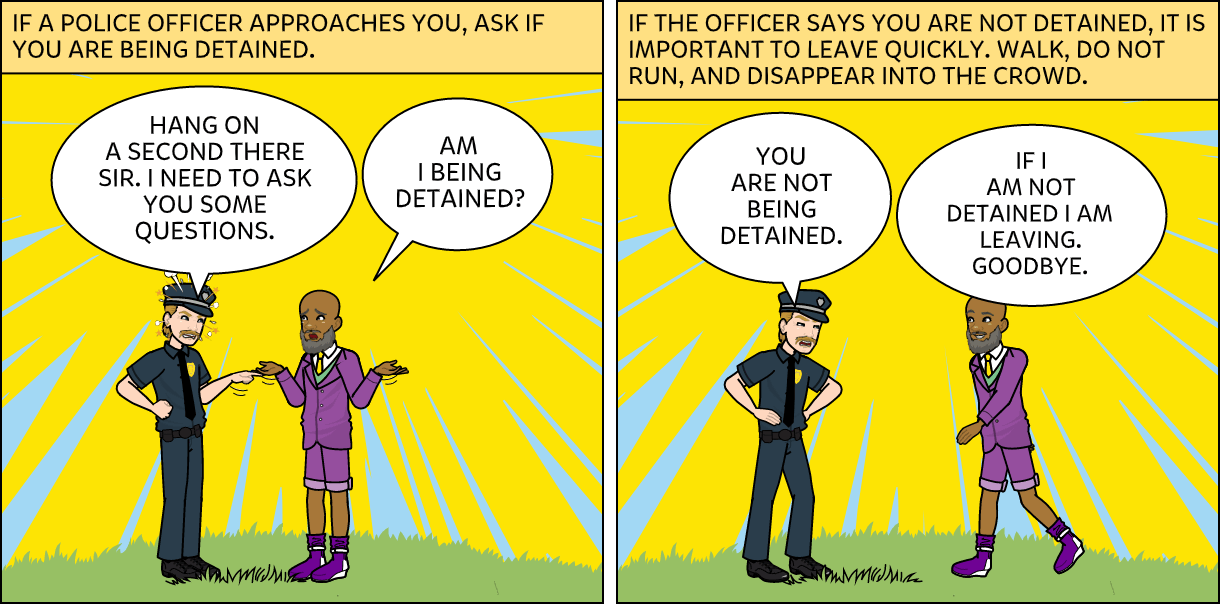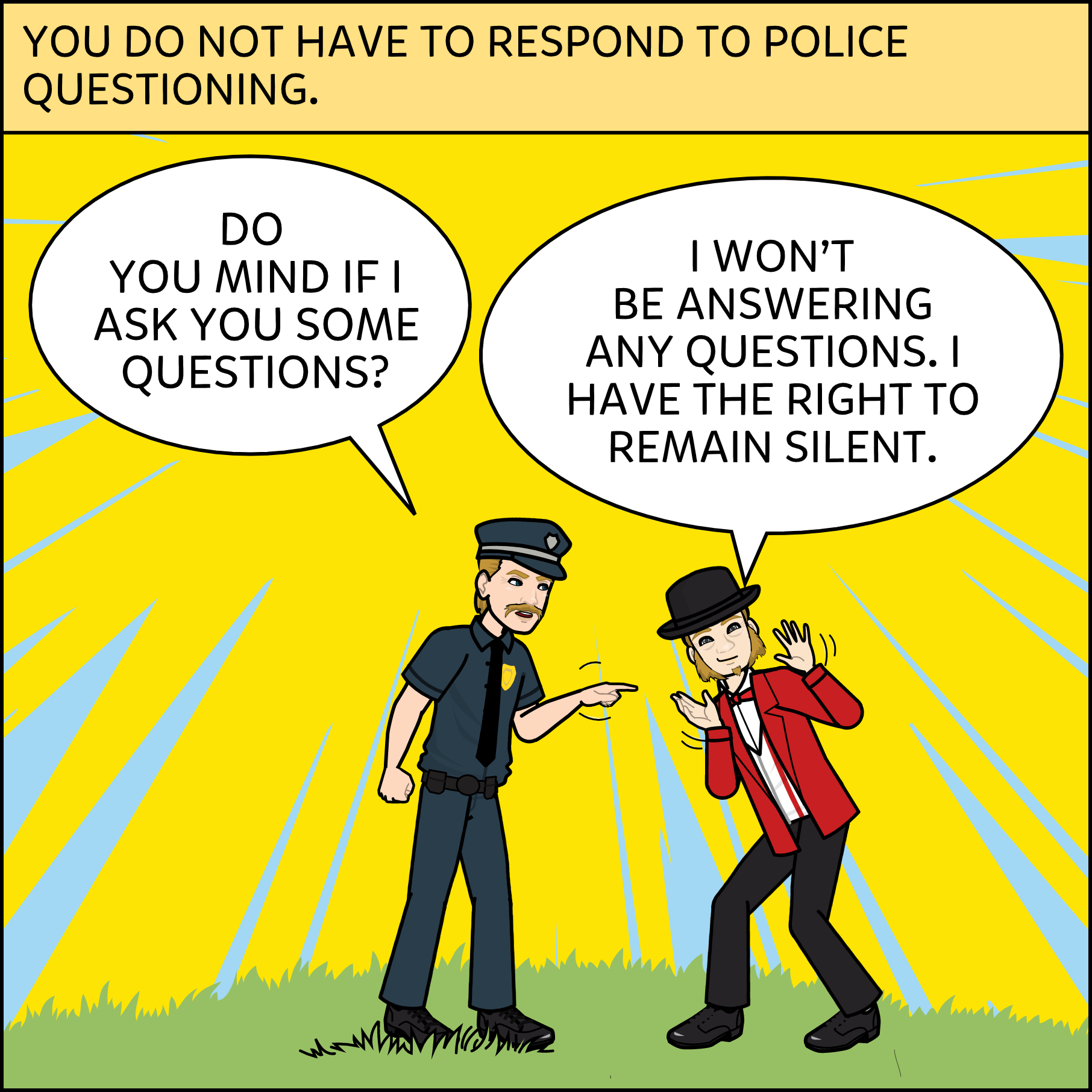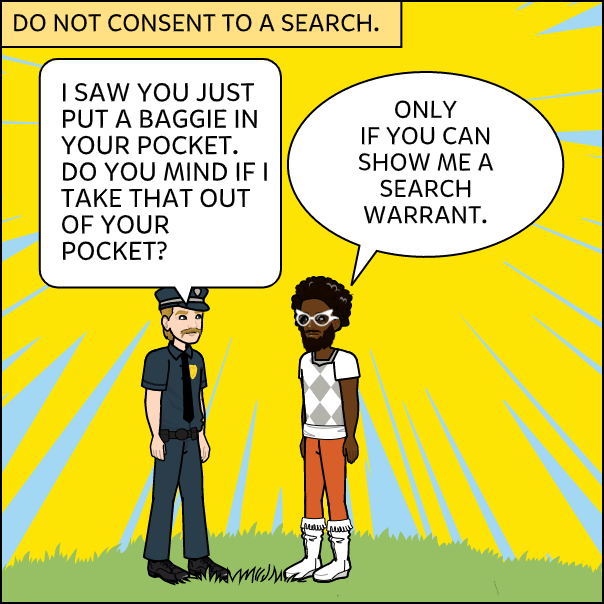
Underage Drinking Defense
DISCLAIMER:
We do not seek to encourage (or discourage) people from underage drinking at the Stagecoach and Coachella Festival. In California the legal drinking age is 21 and this is strictly enforced at the festivals. Festival goers are often surprised by the strict enforcement at the festivals, given that underage drinking is extremely common and generally poorly enforced.
IF YOU ARE CAUGHT UNDERAGE DRINKING, USING A FAKE ID, OR SUPPLYING ALCOHOL TO AN UNDERAGE PERSON,
YOU WILL BE ARRESTED AND CHARGED WITH A MISDEMEANOR.
FAQ: Stagecoach & Coachella Underage Drinking 2023
By attorney Joshua Mulligan. Mr. Mulligan has handled hundreds of Coachella and Stagecoach Music Festival Cases. These cases range from simple drug possession to more serious assault and rape cases. Mr. Mulligan is a State Bar Certified Criminal Law Specialist and his practice is in the Coachella Valley.
Is it safe to use a fake ID at the festival?
NO! Many people tend to be surprised when the fake ID they have been using at bars and other festivals doesn’t work at Coachella or Stagecoach. I have represented many clients caught using high quality scannable fake ID. Many former clients were arrested on the second or third day of the festival, after getting a wrist band other days with no problem. Alcohol and Beverage Control officers are the most skilled at catching fake ID’s and there is always an officer at the ID check booth. It does not matter how many times you have used your fake ID before, there is a high chance you will get caught with it at Coachella or Stagecoach.
What should I do if I am caught using my fake ID?

If you are questioned, ask if you are being detained. If the answer is no then you should leave quietly. Do not run - this triggers a predatory response in cops - they will attack you and charge resisting arrest. If they say you are being detained do not answer any questions - use your right to remain silent!
Aside from being caught with a fake ID, how do underage drinkers get caught at the festival?
Officers are under cover amongst the crowd at both Coachella and Stagecoach. They can be standing next to you while you enjoy a show. If you are 21 or older, do not give alcohol to a minor. If an undercover officer sees someone without a bracelet drink out of someone else’s alcoholic beverage, they will approach and question you. If this is the case, ask if you are being detained. If the answer is no, then you should leave without running away. If they are detaining you, do not answer any of their questions. Say, “I am going to assert my right to remain silent.”

You cannot talk yourself out of this situation, you cannot apologize and get a warning. Speaking to the cops will only make it more likely that you are arrested and prosecuted. You have a constitutional right to remain silent. Take the advice of the founding fathers and shut the fuck up.

Never consent to a search by police. If they are asking permission they do NOT have probable cause to search you.
Can I video or audio record police?
Yes. You may record police. Generally, we recommend that another person in your group video any encounter with police and save this evidence for review by an attorney. We also recommend that you turn on audio recording with your own phone given the ambient noise levels at the festivals. It is best if you do not video police yourself during the encounter. Pointing a camera at them will trigger an aggressive response, and if they are recorded police may make a flimsy excuse to seize your phone as “evidence”. As of 2019, undercover officers at the festivals were not using any audio or video recording devices. Your recording of the encounter will be the only reliable record.
What happens if I am arrested for an alcohol offense?
You will be arrested and handcuffed, then transported by golf cart to “Festival Jail”, which is a tent where police take arrestees for processing. Never answer any of their questions, except your name and identifying information. Officers will photograph you and any alcohol or fake ID that they found on your person. Any fake ID will also be seized as evidence. Then the officers will give you a citation for a criminal case with a court date in August. After this is complete, you will be released back into the festival.
Do I need to appear at my court date?
If you have hired an attorney then you are not required to appear at your court date. Your attorney will be the one who makes all your court appearances.
Do I need an attorney?
With these kinds of cases most people plead guilty and enter diversion. If there is a defense such as unlawful search or lack of evidence, then you might want to consider hiring an attorney. If you are from out of state or from out of the country, there can be complications without an attorney as well. If you are someone who has a professional license, it is always recommended to use extra scrutiny to find some kind of defense. Another thing to consider is if you have to travel long ways it might be more cost effective to hire an attorney - your attorney will appear at your court dates for you and you will not need to make the trip.
If a warrant is issued for my arrest and I live in another state, will I be extradited?
No. However, it will show up on a background check. Almost any employer will regard a pending warrant as worse than a conviction for an underage alcohol offense.
I live in a foreign country, do I need to go to court?
If you fail to appear on your case - either in person or with an attorney - a warrant will be issued for your arrest. However, you will not be extradited to the U.S. to face charges. In short, if you live in another country and have zero interest in EVER returning to the U.S. again, it is unlikely you will face any consequences in your home country if you fail to appear.
What will happen at my court date?
If you have retained an attorney, you do not need to appear in court. Your attorney will appear for you.
In years before 2022, the court and the DA required underage drinkers to go through a diversion program to earn a dismissal. However, in 2022 the DA dismissed ALL the underage drinking cases. I do not know if this will be the policy in 2023. They may well change course again.
The process before 2022 required a guilty plea, completion of a class, and a second court date 90 days out from the first.
Will it help my case to appear in person with my attorney?
No. The misdemeanor courtroom is very busy and your case will only get a few minutes of attention from the prosecutor and the judge. Nobody will notice if you are there. If your case is unique in some way, your attorney will advise you to come to court. Cases with no viable defenses will result in diversion, defensible cases will mostly be decided on whatever documents or evidence (usually witness statements) are provided by the defense attorney to the prosecution.
How does underage drinking diversion work?
NOTE - AS STATED ABOVE, IN 2022 THE DA DISMISSED ALL THE UNDERAGE DRINKING AND FAKE ID CASES. I DON'T KNOW WHAT THE PROCESS WILL BE IN 2023
For diversion, a person charged with underage drinking is required to enter a guilty plea. The sentencing date will be set to 90 days out and the person will be required to complete a six hour, one day class through Pacific Educational Services. It is offered on the weekends and is available in several counties throughout the state of California. If you fail to do the class then you can be placed on probation, get jail time, and get a one-year license suspension.
How does diversion work if I live in another state or foreign country?
In past years the prosecution has sometimes reduced charges or allowed online courses. You may have to do an in-person program if one is available in your area.
How will this case appear on a background check?
Your case will show up on background checks from the time it is filed, usually July or early August, until it is dismissed. After the case is dismissed it will not show on most background checks, with some notable exceptions, for example, professional licensing (like nursing, teaching, real estate, etc.)
